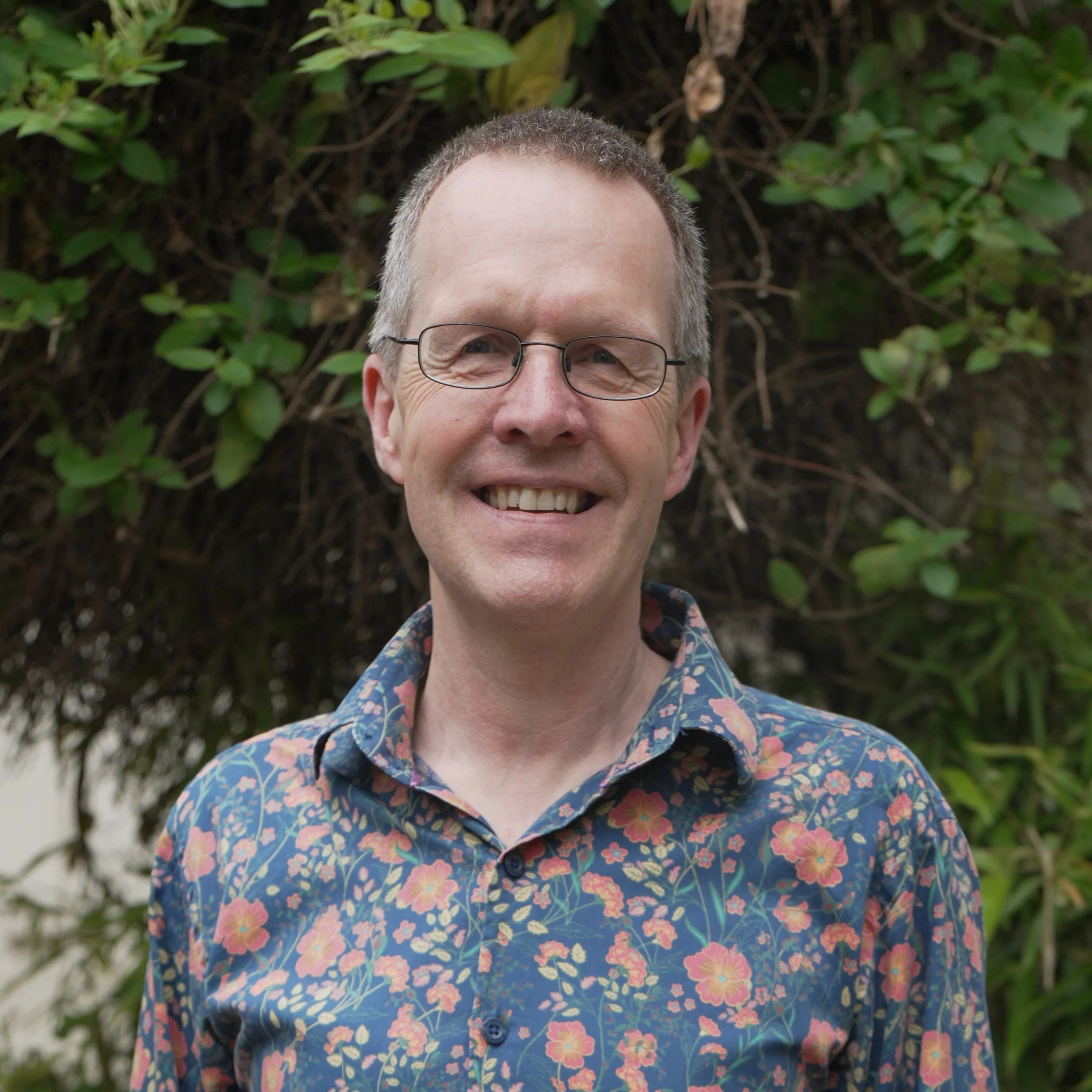
About the Assembly
A new way for young Canadians to shape climate policy—directly, meaningfully, and together.
The Canadian Youth Climate Assembly brought together 18–25-year-olds from across the country to answer the question: What do young Canadians want Parliament to do to meet Canada’s climate commitments in a way that reflects their values and priorities?
Participants were selected by civic lottery to reflect Canada’s diversity, and no prior expertise was required—just a willingness to learn and share.
The Assembly included three two-hour virtual Saturday sessions in August and early September 2025, followed by five days of in-person meetings in Ottawa (September 17–21) and a final online session in October. Travel, accommodation, meals, and accessibility needs were fully covered.
The Assembly was led by MASS LBP and Environmental Leadership Canada, in collaboration with Senators for Climate Solutions. It issued public recommendations to parliamentarians and the All-Party Climate Caucus. The project aimed to amplify youth voices, influence policy, and strengthen democratic participation.
Meet the members of our Advisory and Oversight Committee
-
Graham Smith
Graham Smith is Professor of Politics at the Centre for the Study of Democracy, University of Westminster, UK and Chair of the Knowledge Network on Climate Assemblies (KNOCA). He is a specialist in democratic innovations – new forms of public participation in political decision making – and the role they can play in responding to the climate and ecological crisis. He recently published the open access book We Need to Talk About Climate: How Citizens’ Assemblies Can Help Us Solve the Climate Crisis. His work, particularly on citizens’ assemblies, has influenced practice across a range of countries, through collaborations with governments, practitioners, civil society organisations and activists.
-

Erin Blondeau
Erin Blondeau is a writer, communications professional and human rights advocate based on the west coast of British Columbia in unceded Quw'utsun territory. With over a decade of experience spanning anti-racism advocacy, graphic design, strategic communications, Indigenous rights, and climate justice organizing, she brings deep expertise in translating complex issues for diverse audiences. Erin holds a bachelor's degree in anthropology with a special interest in climate communication and misinformation research. Currently working at the Climate Emergency Unit and as an independent journalist, her writing has been published in The Tyee, The Globe and Mail, Atmos, Ricochet, Rabble, The Breach, and Waging NonViolence, among others. Her work focuses on misinformation, climate denial, and human rights.
-

Mala Sharma
From squirmy critters to snuggly beasts, Mala has always been wild about wildlife. Her love for nature runs deep, and it led her to earn a BA in Environmental Studies from York University. But her real adventure began in 2022 when she stepped into the world of environmental education. Mala’s on a mission to be the ultimate nature-people connector—bringing the wonders of the environment to everyone, everywhere. She’s all about making eco-education fun, accessible, and impossible to ignore. After all, we’re all linked by the water that flows through our world, and Mala is passionate about making sure every drop inspires awareness, action, and a whole lot of curiosity.
-
Alyssa Obrand
Alyssa (she/her) is the Executive Director of FES, a youth-led organization focused on building a national support system providing young climate leaders with the financial, technical, and networking support they start, scale, and sustain their environmental work across Canada. Alyssa has robust experience in non-profit governance, strategic consulting, and climate advocacy, and a deep passion for the environment and youth engagement. Alyssa holds an MSc in Environment, Politics and Society at the University College London in the United Kingdom and a Bachelor of Commerce from McGill University.
-

David McLaughlin
David McLaughlin is a nationally recognized public policy leader with nearly 40 years’ experience in senior roles across government, politics, and the private sector at both federal and provincial levels. He has served as Clerk of the Executive Council, Cabinet Secretary, and Head of the Civil Service in Manitoba; Deputy Minister to the Premier of New Brunswick; and Deputy Minister for Intergovernmental Affairs in both provinces. He was also Deputy Minister for New Brunswick’s Commission on Legislative Democracy.
David has led major climate initiatives, including as President and CEO of the National Round Table on the Environment and the Economy, where he pioneered its Climate Prosperity reports. He wrote the Made-in-Manitoba Climate and Green Plan as Senior Advisor on Climate Change to the Premier, and later served as the Deputy Minister responsible for its implementation. He also directed Canadian climate work at the International Institute for Sustainable Development.
Earlier in his career, David served as Chief of Staff to the Prime Minister of Canada and to the federal Minister of Finance. Most recently, he was President and CEO of the Institute on Governance. He is a published author and frequent commentator on Canadian public affairs.
-

Kate Harland
Kate Harland is the Research Lead for Clean Growth at the Canadian Climate Institute. At the Institute, she has led pivotal projects on energy affordability, building heat decarbonization, and managing peak electricity demand and also served as an external energy advisor to the BC Hydro Task Force. Her current focus is on electricity and economic competitiveness.
With over 15 years of climate and policy experience spanning three continents, Kate brings a breadth of expertise to her work. Her previous roles include contributing to climate policy and economic analysis for the UK and EU governments, managing low-carbon technology trials for Transport for London, and developing low-carbon vehicle strategies with Nissan. She also served as Research Lead for the Chief Science Advisor to the New Zealand Prime Minister, covering both climate change and research and innovation policy. Kate holds a Master of Science from Cambridge University and a Master of Public Policy from Simon Fraser University.
-

Erika De Torres
Erika (she/they) is the Director of Impact at Apathy is Boring. She leads all things research, evaluations and development for the organization, bringing years of experience from other non-profit and higher education organizations across the Lower Mainland and Montreal. She co-developed Apathy is Boring's "Democracy Framework", helping to create innovative programs and initiatives to activate youth in democracy. Her vested interest in climate change links back to democracy as it is crucial for the environment to continue to thrive for us to have a healthy democracy. In her spare time, she volunteers as a Council Member for Simon Fraser University's Alumni Association, she cooks and bakes and she loves boxing, Lagree and Spin classes. She also travels with her adventure cat, Kimchi across Canada.
-

Catherine Abreu
Catherine Abreu is an internationally recognized, award-winning climate justice advocate with 15 years of experience in the heart of the global climate movement. She is the newly appointed Director of the International Climate Politics Hub, a global network of high-impact organizations and individuals working to accelerate climate action in the realm of multilateralism. Recognized for her diplomacy, communications, and coalition-building skills, she’s one of the world’s top 100 climate policy influencers according to Apolitical. Catherine is honoured to have been named 2023’s National Hero by Canada’s Walk of Fame. She is one of 14 appointed members of Canada’s Net-Zero Advisory Body, the legally-mandated expert body tasked with providing advice to government on pathways to meet its climate commitments. She serves as an advisor to the Canadian Climate Institute and sits on the Boards and steering committees of several organizations, including Climate Action Network Canada, Canada’s Affordability Action Council and the Fossil Fuel Non-Proliferation Treaty Initiative. Catherine is the recipient of the 2020 Jack Layton Progress Prize for her transformative work, and was named to Canada’s Clean50 in 2018. Her expertise makes her a vital figure in climate policy and action, shaping global discussions on the transition toward clean energy.
-

Lisa Raitt
The Honourable Lisa Raitt joined CIBC Capital Markets in January 2020, having previously worked in both the public and private sectors. Ms. Raitt’s current focus is on senior client coverage and business development with clients in the energy, infrastructure and industrial sectors, which align closely with her deep expertise.
Prior to her current role, Ms. Raitt was the President and CEO of the Toronto Port Authority. She was elected into the House of Commons in 2008, where she went on to hold three senior portfolios serving as Minister of Natural Resources, Minister of Labour, and Minister of Transport. Most recently, Ms. Raitt was the Deputy Leader of the Official Opposition and the Conservative Party of Canada.
Ms. Raitt holds a Bachelor of Science degree from St. Francis Xavier University and a master’s degree in Chemistry from the University of Guelph. She possesses an LL.B from Osgoode Hall Law School and was called to the Ontario bar in 1998. In 2020 Ms. Raitt was named a Woodrow Wilson Center Global Fellow of the Canada Institute.
In June 2024, Lisa was presented with an Honorary Doctorate from the University of Ottawa. -

Senator Mary Coyle (Ex-Officio and Senate Liaison)
Based in Antigonish, Mary Coyle represents the province of Nova Scotia in the Senate of Canada. She serves on the Senate Standing Committees on Foreign Affairs and Human Rights. She is the co-founder and co-chair of Senators for Climate Solutions. Senator Coyle has devoted her career to advancing women’s leadership, gender equality, economic participation and indigenous rights with a focus on international development. Her early work includes serving as Rural Industrial Officer in Kanye, Botswana and Rural Development Advisor in South Sulawesi, Indonesia. As Executive Director of Calmeadow, for 10 years she supported the pioneering of innovative microfinance initiatives internationally and across Canada. Joining St. Francis Xavier University in 1997, serving as University Vice-President and Director of the Coady International Institute, she led the expansion of its global programs for women, youth, and Indigenous leaders. She also served as Executive Director for the Frank McKenna Centre for Leadership. Senator Coyle is honoured to have played a key role in the establishment of the Stephen Lewis Foundation, the Dallaire Institute for Children, Peace, and Security, the Indian School of Microfinance for Women and the Haitian Centre for Leadership and Excellence. She has 3 daughters and 7 grandchildren.


